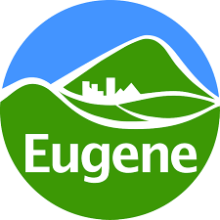Traffic Project Gets Fiber in the Ground in Winston-Salem, NC
Winston-Salem struck up a smart deal with the North Carolina Department of Transportation in 2011. Four years later, that agreement allows the city to move forward with its vision for an I-Net.
The Winston-Salem Journal reports that the City Council recently approved $826,522 for networking equipment to light up city owned fiber installed by the NCDOT. The agency has been upgrading area traffic control systems, a project estimated at around $20 million. Winston-Salem took advantage of the opportunity and paid the agency $1.5 million to simultaneously install its own fiber in the state conduit.
“The city was able to have the network built at only the cost of the fiber,” [city information systems department Chief Officer Dennis] Newman said. “They (state traffic contractors) are running fiber optic cable all around the city to where all the traffic lights are at. This will enable us to connect to all facilities all over the city – fire stations, public safety centers, satellite police stations – right now there are about 40 locations that we have targeted to connect to.”
As is typically the case, Winston-Salem currently pays private providers for connections at each facility but when the new I-Net is up and running, they will be able to eliminate that expense. The new voice and high-speed network will outperform current connections, described in the article as "out-of-date." City officials also told the Journal that some municipal offices have no Internet access at all but will be connected to the new I-Net.
A number of other communities have taken advantage of partnerships with state and federal transportation agencies during traffic signal upgrades. Martin County, Florida; Aurora, Illinois; and Arlington, Virginia saved considerably by collaborating during similar projects.



